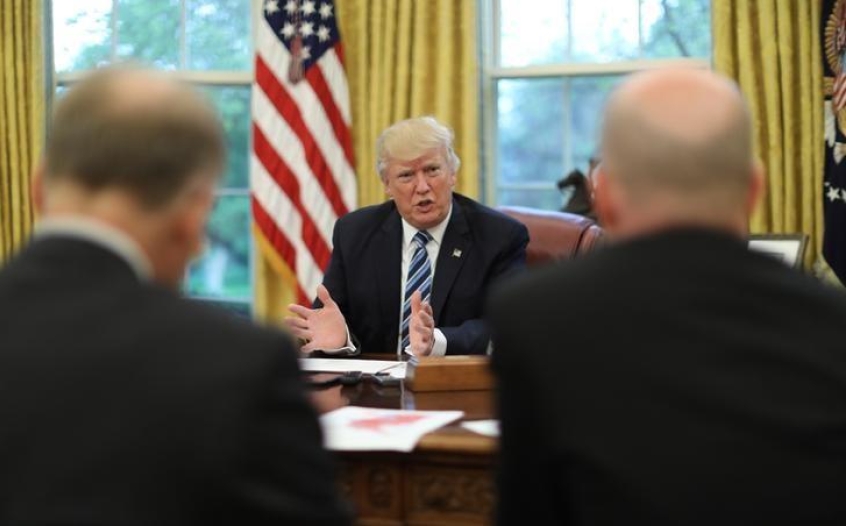
A San Francisco judge has reportedly blocked President Donald Trump's order to withhold federal funding for "sanctuary cities," the U.S. cities that have refused to cooperate in the current administration's anti-immigration agenda by pledging to be a safe haven for the millions of undocumented immigrants across the country.
The said judge, William H. Orrick of the United States District Court, stated that the president had overstepped his powers with this executive order on immigration by tying billions worth of federal funds to immigration enforcement, as reported on The New York Times. He also said that only the Congress could decide to impose such conditions.
According to The Guardian, the White House, not at all pleased with the judge's actions, released a statement Tuesday night, saying that the judge's ruling facilitated "the dangerous and unlawful nullification of federal law" in an attempt to eradicate the borders and that the Trump administration will "pursue all legal remedies to the sanctuary cities threat."
The White House thinks that sanctuary cities, just like San Francisco, are putting the well-being of "criminal aliens" before the safety of U.S. citizens. The statement also said, "This San Francisco judge's erroneous ruling is a gift to the criminal gang and cartel element in our country, empowering the worst kind of human trafficking and sex trafficking, and putting thousands of innocent lives at risk."
The president himself also made a statement regarding the issue via social media, saying, "First the Ninth Circuit rules against the ban & now it hits again on sanctuary cities-both ridiculous rulings. See you in the Supreme Court!"
This was not the first time though the Trump administration faced a setback in its anti-immigration efforts. As of the current, three immigration orders have already been stopped by federal courts within Trump's first 100 days in the presidency.













